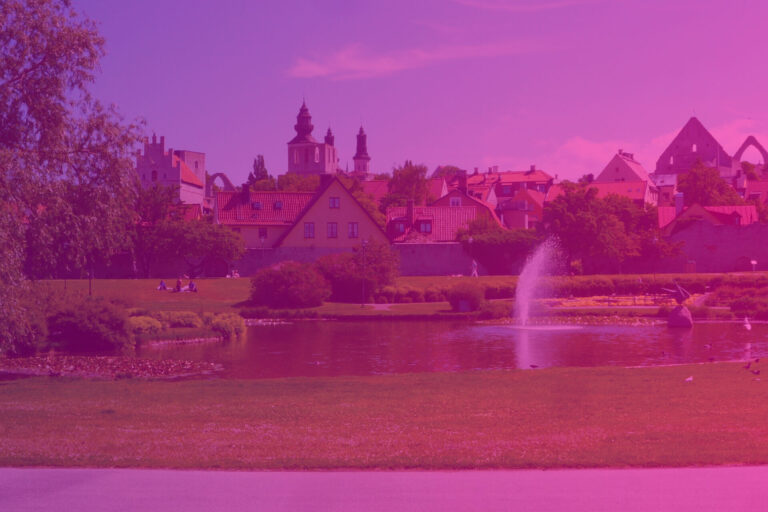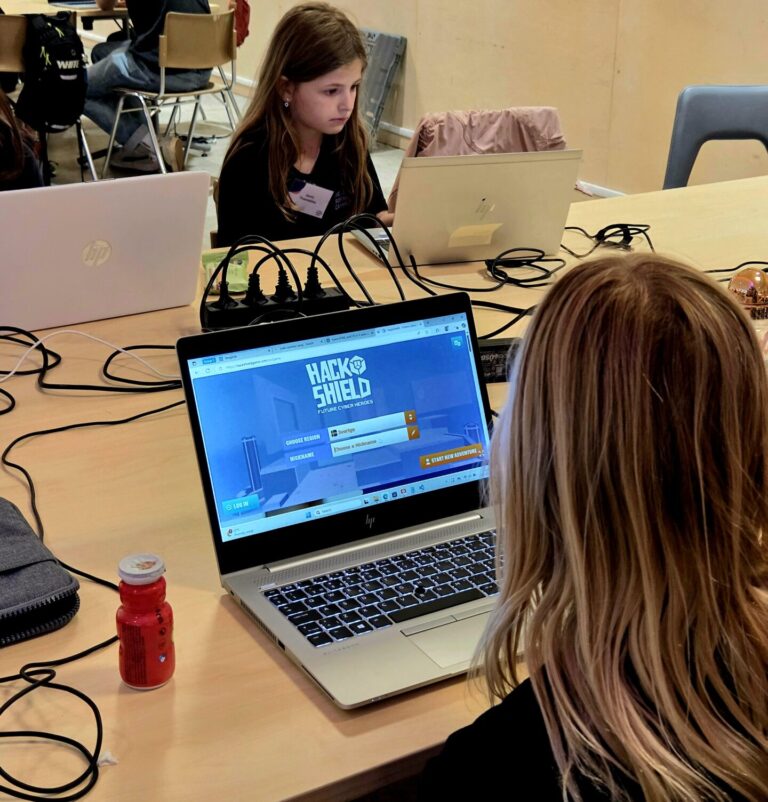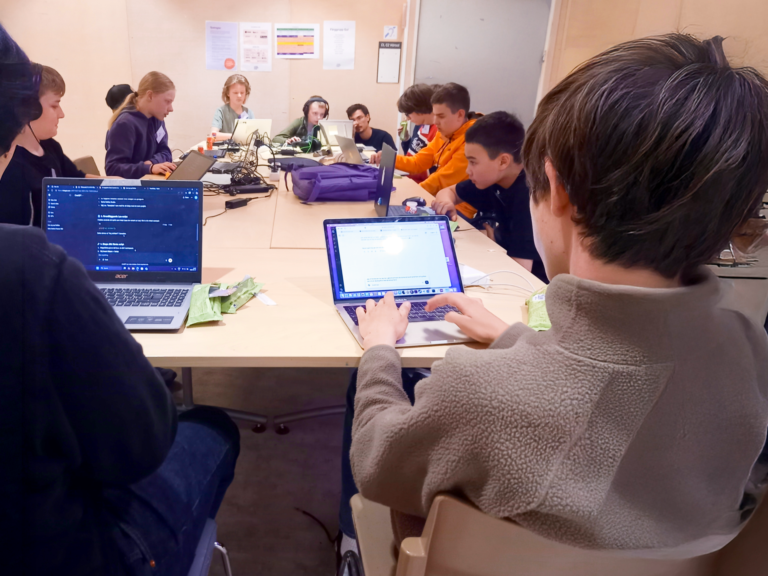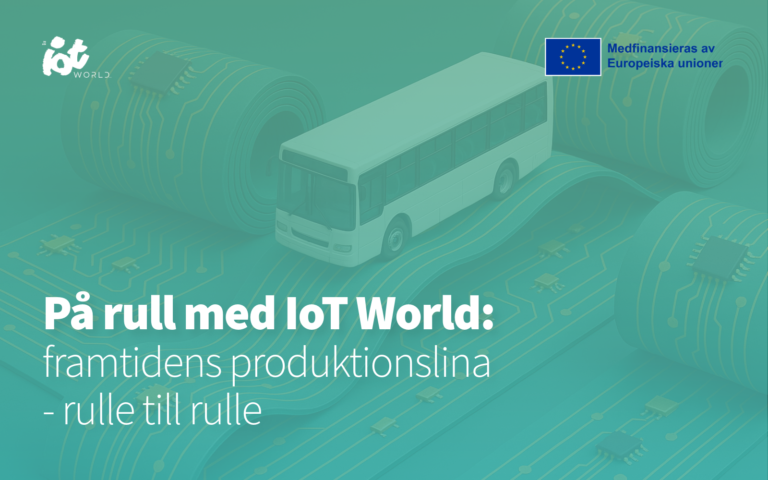Göran Felldin is an experienced traveler, well versed within the business sphere and the academic world. With decades of knowledge, he now acts as a guide for SME companies in East Sweden.
– Equal parts humility and curiosity will secure the ticket to your business transition, and the best travel companion on this venture is your own customers, begins Göran Felldin. My own journey began at the Institute of Technology in Linköping -78, where I got involved in everything that the University life entailed.
The end of the university era and years as an active member of the student union jump-started his professional life, with the examination work directed at the recently opened firm. In 1983, Göran co-founded Intentia, a company that provide business systems for the logistics and production industry. The name is a pun on “without a dime” (or “less than ten Swedish kronor”), a nod to the founders being penniless students at the time.
– It may not have turned out exactly as we planned, but once on board you were just along for the ride! says Göran and continues; Back then, in the early 80s, hardware, software and systems thinking was visibly separated. But by using the new technology of the time combined with our methodology, we were able to make a fully unified solution.
It was a journey that accelerated rapidly, and the IT bubble of the 90s spurred it even further. At the IT bubble’s consecutive crash at the turn of the millennium, within a few years, Intentia merged into Lawson Software.
Göran then returned to Linköping University, this time as Head of External Relations and later Director of Collaboration. A decade later he had, in addition to his employment with the University, been involved in several Science Park enterprises, for example as chairman of the board in the LEAD incubator and as manager for LiU Holdings AB.
– I arrived at the academic world with a portfolio full to the brim with business experience, but academicizing those tools was far from obvious, says Göran. Quite immediately I was made aware that this environment is not a centralized corporation but a place for free thinkers and interconnected passion projects. That realization was crucial to finding my place in this extensive network.
The coaching assignment for Swedish Scaleups began at the same time as Göran had been signed as an SME coach at RISE. His academic and business experiences, together with RISE’s impressive resources, built a toolbox and a deep understanding for the challenges that Startups and Scaleups will often deal with.
– The work is not identical, of course a lot has happened in 40 years. The tools, the technical circumstances and the world have all changed dramatically, but the methodology is often the same now as then. Lessons I have learned over the years enable me to draw lines and parallels between points in the companies’ challenges.
Shortly after the assignments began, the RISE innovation consultancy was discontinued, but as an established coach, Göran continued his work for Swedish Scaleups. The dynamics of customer relations in newly established companies is a topic that he will often return to in his coaching.
– Engaging the customer in taking an integral role in running a business has been crucial for me, says Göran. It’s a realization that I feel many early-stage companies haven’t fully reached yet. The customer focus is there, but you’re more concerned about presenting a solution based on a few set problems or needs, rather than involving the customers in your progress. If you engage customers early on, you will build a more sustainable and long-term relationship – with the customers’ customers too. Then you will be able to reach your target destination.
The biggest advantage of joining a Scaleups program is the opportunity to bring in dignified entrepreneurs’ experiences and new perspectives.
– Business life is often a lonely life, and being head of operations can be even more so, says Göran. Then, to have the opportunity to get support from a neutral party is very valuable. Many of the companies face similar obstacles as companies did in the 90s. They have started small with a very specific customer solution but are now faced with the urgency to scale up their business, move towards a more generic product and industrializing their processes. It can be disheartening to move away from the small and familiar, and many people have a built-in resistance to this transformation. This is where I come in to guide and support.
Working as a consultant for almost his entire professional life, the task has posed some challenges and new lessons learned.
– As a results-oriented person, I must keep mindful of how I engage my recipients, Göran laughs. It is so easy to just step in and push the process forward yourself, but my role is to encourage others in their own problem-solving ability. I also must admit that it feels great when something I said is taken to heart and expanded into a multi-point program in the next meeting.
East Sweden has a long tradition of technical competence and innovative business activities.
– System thinking is integrated into our DNA. The regional companies are particularly good at building extremely complex solutions in such a way that they become comprehensible and are of real benefit to business and society, summarizes Göran. On the business side, we have a culture of receptiveness to young talents and early-stage companies. They are not expected to follow in the same footsteps, instead there is an active interplay between generations and junior and senior entrepreneurs. Working as a coach in that environment, with these talents, really adds value to my professional life as well.

